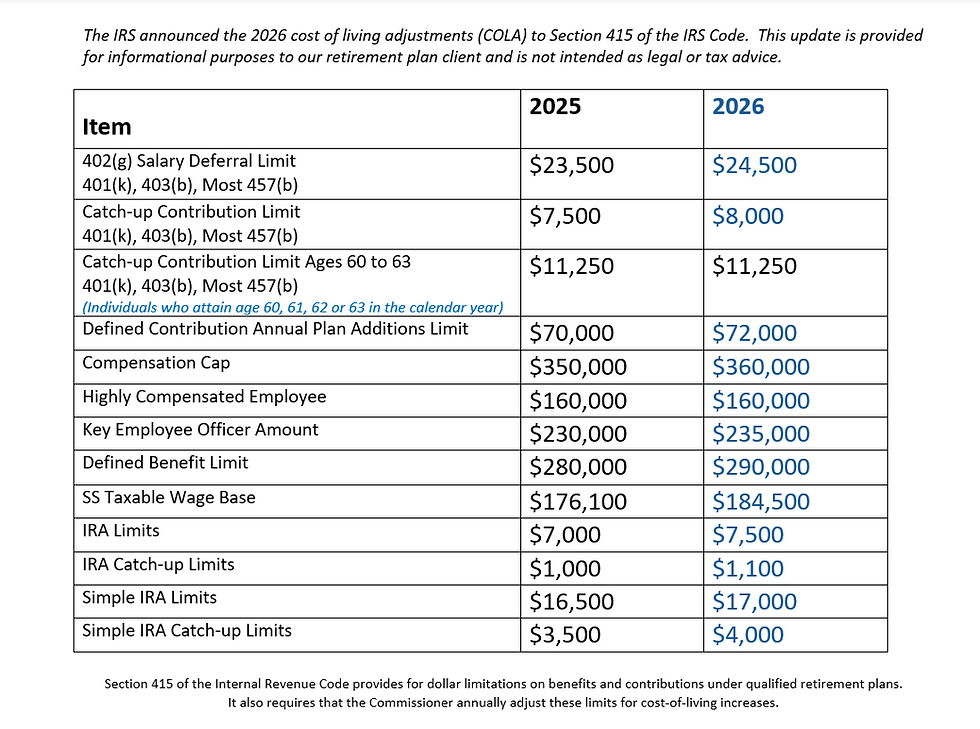Recent Government Initiatives in Response to COVID-19
- John Steiger

- Mar 24, 2020
- 2 min read
Along with the devastating health consequences resulting from the COVID-19 outbreak, the virus has had widespread economic implications for individuals, families, and businesses. In response, the federal government has put several measures into place. To help keep you informed of the latest developments, I have included a summary of recent actions the government has taken.
Federal Tax Filing Deadline Extended to July 15, 2020
On March 13, President Trump invoked the Robert T. Stafford Disaster Relief and Emergency Assistance Act, issuing an emergency declaration in response to the COVID-19 pandemic. As part of this declaration, the president has directed the secretary of the treasury to alter some important deadlines that will affect you as an individual or corporate taxpayer.
On March 21, the Treasury Department and IRS announced the federal income tax filing deadline will be automatically extended to July 15, 2020. During the 90-day filing extension, the IRS will not charge interest or penalties. If you expect to receive a refund on your 2019 taxes, you are still encouraged to file as soon as possible so that you receive your refund quickly. The IRS issues 9 out of 10 refunds in less than 21 days. To expedite the process, consider using e-file and direct deposit.
Please note: This extension applies only to federal taxes. Be sure to check with your tax professional to determine whether your state taxing authority has made similar accommodations for state income tax filing due to the COVID-19 pandemic. More information on individual state legislation is available on the American Institute of CPAs website.
To learn more about the IRS response to the coronavirus crisis, visit the IRS Coronavirus Tax Relief page.
Coronavirus-Related Health Care Expenses and HDHPs
The IRS has also issued a notice stating that coronavirus-related health care expenses will not cause a change in the status of high-deductible health plans (HDHPs). As such, individuals and families with HDHPs may continue to contribute to health savings accounts.
Low-Interest Loans for Small Businesses
The president has instructed the U.S. Small Business Administration (SBA) to make low-interest loans available to businesses in areas most heavily affected by the COVID-19 pandemic through the use of Economic Injury Disaster Loans. Such loans will be given on a case-by-case basis by the SBA. For further information on eligibility, including how to apply, please visit the SBA’s Disaster Loan Assistance page.
Keeping You in the Know
Several bills have been presented to Congress to aid affected families and stimulate the economy. This legislative action is ongoing and may result in various measures, including distributing funds directly to individuals and companies, enhancing unemployment and paid leave assistance, and increasing access to loans for small businesses.
We will continue to monitor proposed measures and communicate important information to you as it becomes available. If you have any questions or concerns, please reach out to us. We are always here to help.



Comments